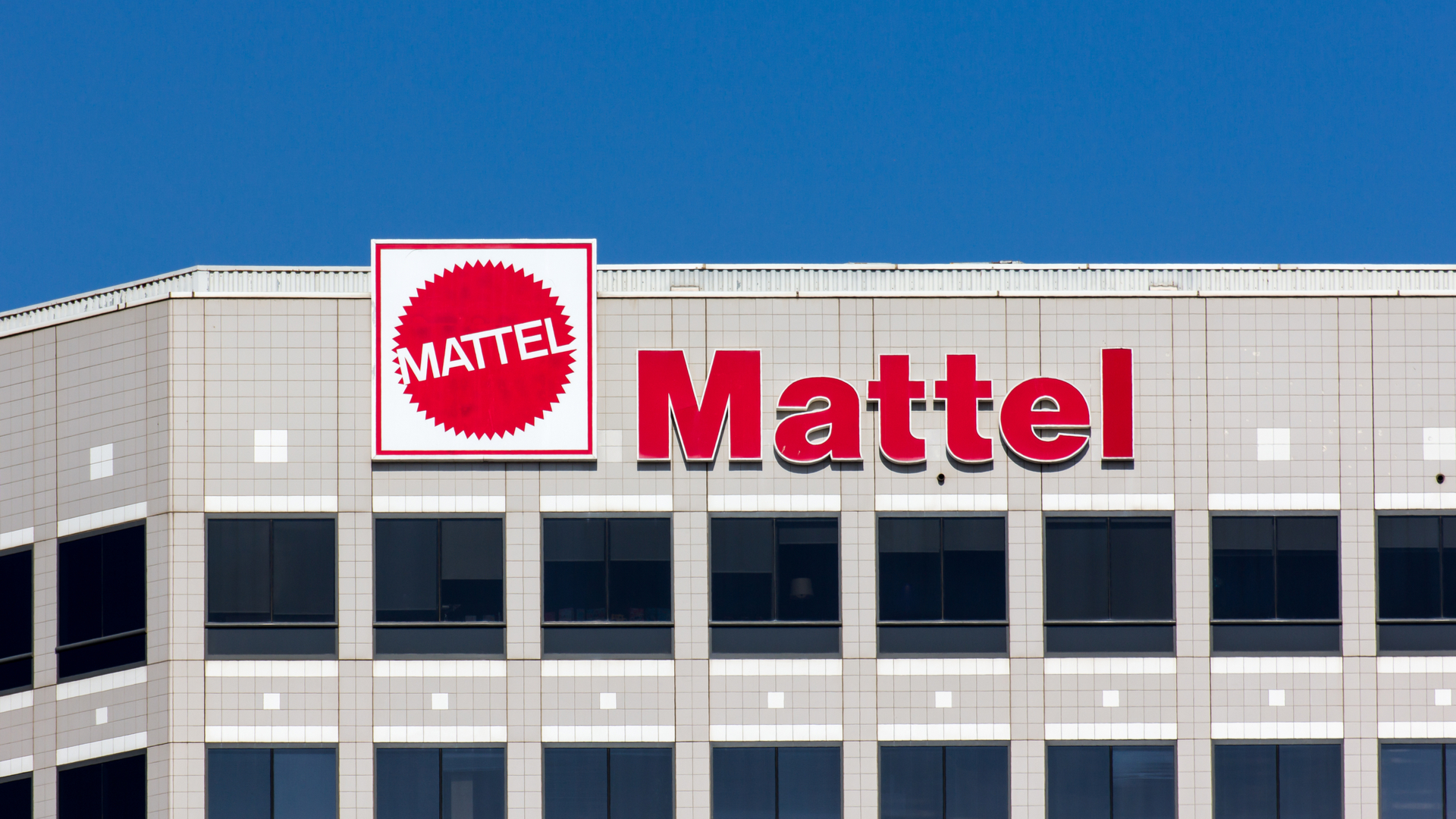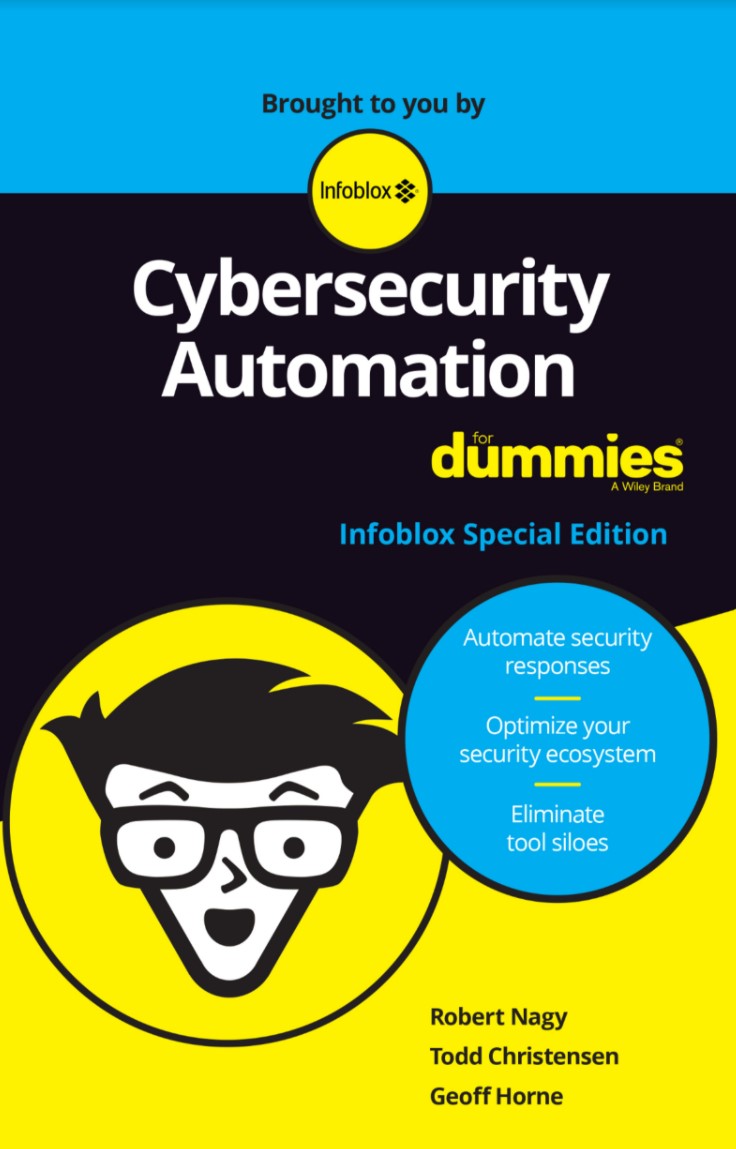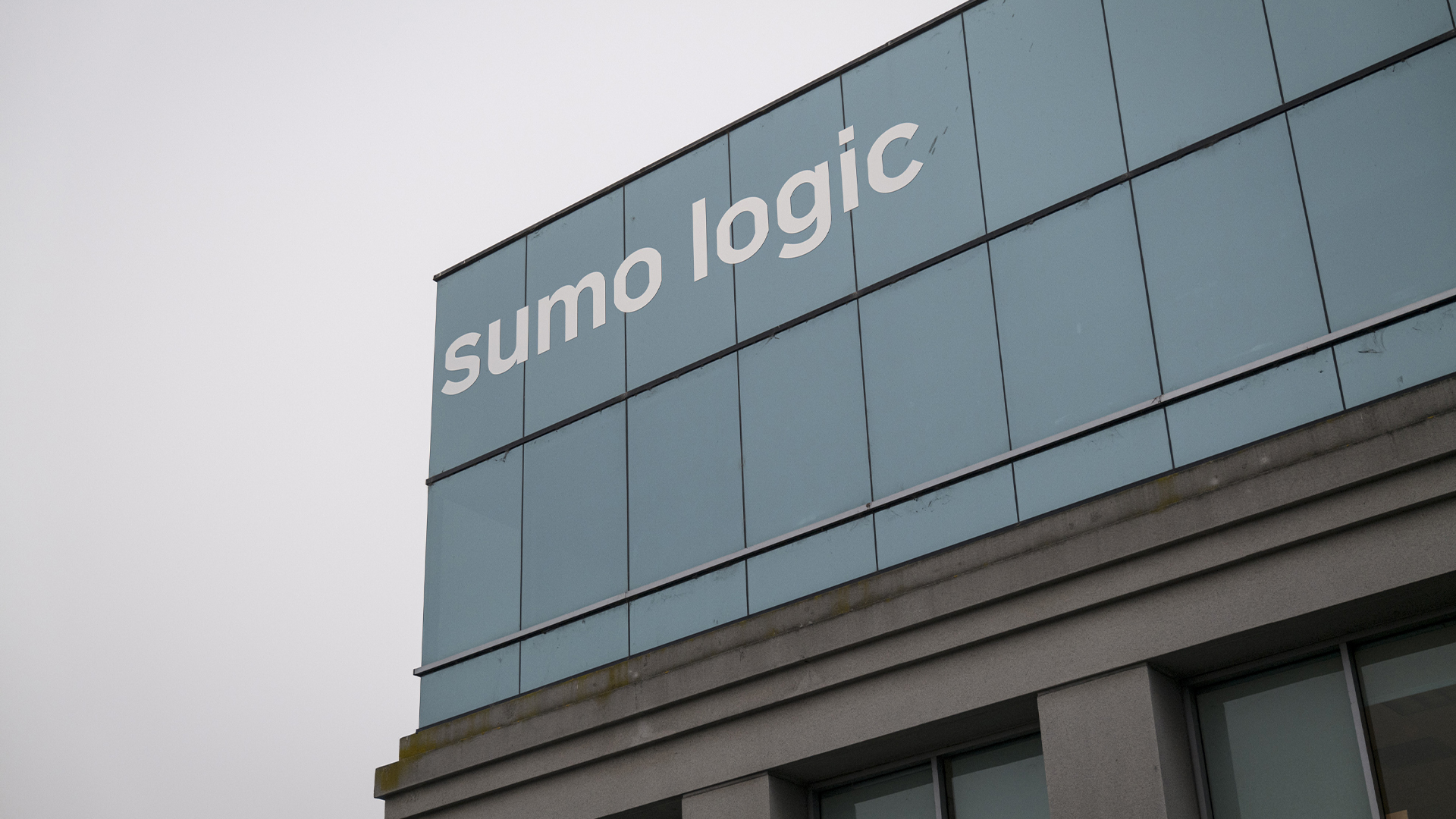Mattel admits it was hit by a ransomware attack
The leading toy manufacturer is thought to have fallen victim to Trickbot malware


Sign up today and you will receive a free copy of our Future Focus 2025 report - the leading guidance on AI, cybersecurity and other IT challenges as per 700+ senior executives
You are now subscribed
Your newsletter sign-up was successful
Toy manufacturer Mattel has admitted that it was hit by ransomware attack that temporarily impacted some of its business functions but did not lead to any data theft.
The Barbie manufacturer, which is also behind brands as Fisher-Price and Hot Wheels, disclosed that the ransomware attack had taken place on 28 July 2020.
In a quarterly report filed with the US Securities and Exchange Commission, Mattel revealed that the ransomware attack “caused data on a number of systems to be encrypted”.
“Promptly upon detection of the attack, Mattel began enacting its response protocols and taking a series of measures to stop the attack and restore impacted systems. Mattel believes it has contained the attack and, although some business functions were temporarily impacted, Mattel was able to restore its critical operations," the toy manufacturer stated in the legal document.
Mattel added that a forensic investigation of the attack found that “no exfiltration of any sensitive business data or retail customer, supplier, consumer, or employee data was identified” and that the incident had “no material impact to Mattel's operations or financial condition”.
Although the company didn’t provide any further details on the nature of the attack, a source told Bleeping Computer that the July incident could have been caused by Trickbot malware, which has since been disrupted by Microsoft.
The tech giant had pulled the plug on Trickbot by obtaining a court order to disable Trickbot’s servers’ IP address as well as collaborated with telecoms worldwide to initiate technical actions to further cripple the botnet.
Sign up today and you will receive a free copy of our Future Focus 2025 report - the leading guidance on AI, cybersecurity and other IT challenges as per 700+ senior executives
Trickbot had experienced a resurgence during the 2020 pandemic, taking advantage of the ongoing coronavirus crisis to trick users into downloading malware onto their devices.
RELATED RESOURCE

Cyber security automation for dummies
Tips for automating security responses and optimising your security ecosystem
In April, Microsoft 365 Security corporate VP Rob Lefferts described Trickbot as “trendy and pervasive”, while Microsoft Security Intelligence warned that hackers were posing as the “USA Volunteer Organization” and the “USA Humanitarian Group” while sending out hundreds of emails offering free COVID-19 medical advice and testing. Each email aimed to install the Trickbot malware using “unique macro-laced” document attachments.
Prior to this, the TrickBot trojan had been named the most dangerous threat to healthcare in 2019.
IT Pro has reached out to Mattel for comment but has not heard back from the toy manufacturer at the time of publication.
Having only graduated from City University in 2019, Sabina has already demonstrated her abilities as a keen writer and effective journalist. Currently a content writer for Drapers, Sabina spent a number of years writing for ITPro, specialising in networking and telecommunications, as well as charting the efforts of technology companies to improve their inclusion and diversity strategies, a topic close to her heart.
Sabina has also held a number of editorial roles at Harper's Bazaar, Cube Collective, and HighClouds.
-
 Sumo Logic expands European footprint with AWS Sovereign Cloud deal
Sumo Logic expands European footprint with AWS Sovereign Cloud dealNews The vendor is extending its AI-powered security platform to the AWS European Sovereign Cloud and Swiss Data Center
-
 Going all-in on digital sovereignty
Going all-in on digital sovereigntyITPro Podcast Geopolitical uncertainty is intensifying public and private sector focus on true sovereign workloads
-
 Ransomware gangs are using employee monitoring software as a springboard for cyber attacks
Ransomware gangs are using employee monitoring software as a springboard for cyber attacksNews Two attempted attacks aimed to exploit Net Monitor for Employees Professional and SimpleHelp
-
 Ransomware gangs are sharing virtual machines to wage cyber attacks on the cheap – but it could be their undoing
Ransomware gangs are sharing virtual machines to wage cyber attacks on the cheap – but it could be their undoingNews Thousands of attacker servers all had the same autogenerated Windows hostnames, according to Sophos
-
 Google issues warning over ShinyHunters-branded vishing campaigns
Google issues warning over ShinyHunters-branded vishing campaignsNews Related groups are stealing data through voice phishing and fake credential harvesting websites
-
 The FBI has seized the RAMP hacking forum, but will the takedown stick? History tells us otherwise
The FBI has seized the RAMP hacking forum, but will the takedown stick? History tells us otherwiseNews Billing itself as the “only place ransomware allowed", RAMP catered mainly for Russian-speaking cyber criminals
-
 Everything we know so far about the Nike data breach
Everything we know so far about the Nike data breachNews Hackers behind the WorldLeaks ransomware group claim to have accessed sensitive corporate data
-
 There’s a dangerous new ransomware variant on the block – and cyber experts warn it’s flying under the radar
There’s a dangerous new ransomware variant on the block – and cyber experts warn it’s flying under the radarNews The new DeadLock ransomware family is taking off in the wild, researchers warn
-
 Hacker offering US engineering firm data online after alleged breach
Hacker offering US engineering firm data online after alleged breachNews Data relating to Tampa Electric Company, Duke Energy Florida, and American Electric Power was allegedly stolen
-
 Cybersecurity experts face 20 years in prison following ransomware campaign
Cybersecurity experts face 20 years in prison following ransomware campaignTwo men used their tech expertise to carry out ALPHV BlackCat ransomware attacks
